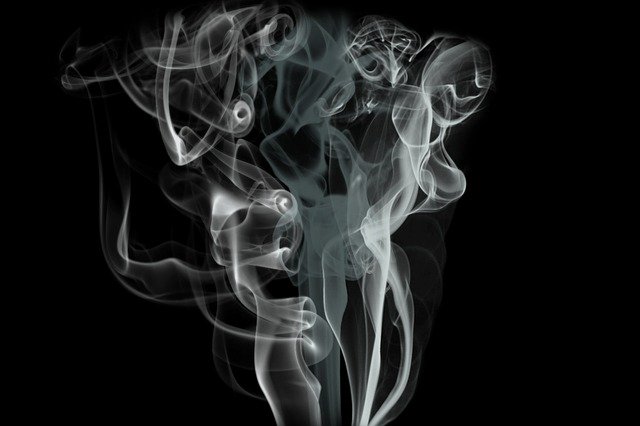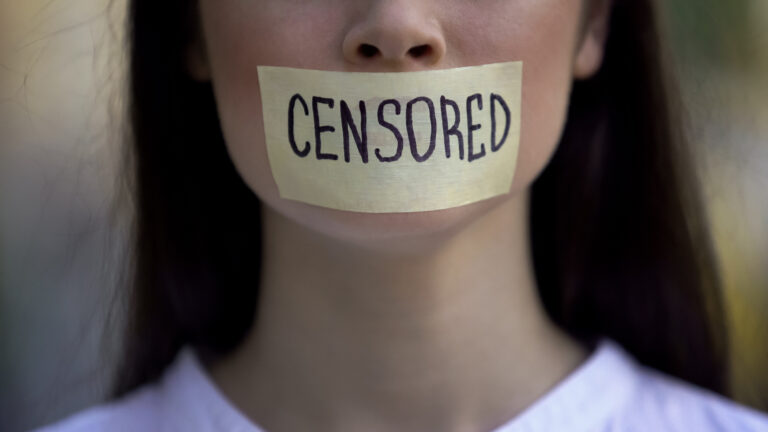John Carpay, The Post Millennial, November 20, 2019
A trial underway in a Nanaimo B.C. courtroom this week is attracting controversy and strong opinions on both sides of the issue, as it forces school officials, the media and the public to reluctantly confront the question of what constitutes “religion” in the public sphere. The case of Candice Servatius v. School District No. 70 (Alberni) is about whether a public school can require children to participate in a spiritual ceremony, or in a ritual that appeals to the supernatural realm.
In September of 2015, Candice Servatius received a letter from the principal of John Howitt Elementary School (JHES) in Port Alberni, B.C., stating that JHES would be hosting a Student/Classroom “Cleansing” performed by a member of the Nuu-chah-nulth, a term used to describe fifteen related First Nation tribes who live on the southwest coast of Vancouver Island. The school’s letter described in detail how the cleansing ritual would “cleanse” the classroom of “energy” and cleanse the “spirits” of the students.
The letter claimed that without cleansing, the classroom and even the furniture would harbour negative “energy” and would not be safe until the “energy” was “released”. Smoke from sage was fanned over the bodies of children, including Mrs. Servatius’ daughter, who was required to participate in this ritual against her will. Several months later, an aboriginal prayer was offered to a “god” at a school assembly that children were required to attend.
Skye Ryan, a reporter with CBC affiliate CHEK news, writes that the practice of Nuu-chah-nulth spirituality is “on trial” and implies that Mrs. Servatius is opposed to aboriginal spirituality. Ms. Ryan’s story largely ignores the court documents, which make it abundantly clear that the only issue on trial is whether public schools can impose spiritual rituals on children in the classroom.
If Mrs. Servatius is successful in her court action, the Nuu-chah-nulth will not lose any freedom to practice their spirituality, ceremonies and rituals, nor will public schools cease to teach about aboriginal history, culture and practices, including aboriginal beliefs. If the court rules in favour of Mrs. Servatius, the only difference will be that children are no longer compelled by the state to be present and participate in spiritual ceremonies, prayers or rituals. This is the only just result in a pluralistic society that includes a wide variety of spiritual beliefs and practices, including the complete absence of such beliefs.
In her story, Ms. Ryan quotes Nuu-chah-nulth Tribal Council President Judith Sayers complaining about smudging being banned from schools. But Ms. Sayers herself has given evidence that in Nuu-chah-nulth practice, smudging is always entered into by consent. Neither Mrs. Servatius nor her daughter consented to this young girl participating in the ritual in the classroom.
Another aboriginal leader, Harry Cadwallader, testified that learning about smudging is different than being smudged. Mr. Cadwallader agrees that children can learn about smudging in a number of different ways: “You can be shown a demonstration. You can be shown a video. You can be read a description.” Mr. Cadwallader has testified that “the infusion of aboriginal culture, content, language, history, of understanding, as a methodology to improve the success of aboriginal students and raise awareness of all students about aboriginal people” can be accomplished without compelling children to be smudged against their will. This evidence was entirely absent from Ms. Ryan’s story, although it was publicly available in filed court documents.
Ms. Ryan further reports that the Justice Centre for Constitutional Freedoms is a “right-wing” organization, perhaps hoping this might somehow make Ms. Servatius’ claim worth dismissing out of hand. The Canadian Charter of Rights and Freedoms is not a “right-wing” document, and the Justice Centre works to uphold the Charter freedoms of all Canadians, regardless of where on the political spectrum they might reside.
If Ms. Ryan believes that defending freedom of religion (which includes the right not to be compelled to participate in spiritual practices) is “right-wing”, she is fully entitled to express that opinion. But Ms. Ryan should do so by way of an opinion editorial, and not insert her personal beliefs into what is supposed to be a straight news story. As the Canadian Association of Journalists Ethics Guidelines puts it: “We clearly identify news and opinion so that the audience knows which is which”.
The two Justice Centre lawyers in court in Nanaimo this week, Jay Cameron and James Kitchen, were not available to be interviewed for Ms. Ryan’s story, and they referred Ms. Ryan to me, also a lawyer. Ms. Ryan did not contact me, yet claims in her story that “Neither Servatius or her lawyers would be interviewed.” I was, and remain, available to be interviewed, but as of this writing Ms. Ryan has declined to contact me for comment.
Court cases, by definition, involve two competing “sides.” It behooves an objective media to remember that.
Lawyer John Carpay is president of the Justice Centre for Constitutional Freedoms (JCCF.ca), which represents Mrs. Servatius in her court action against School District 70.








